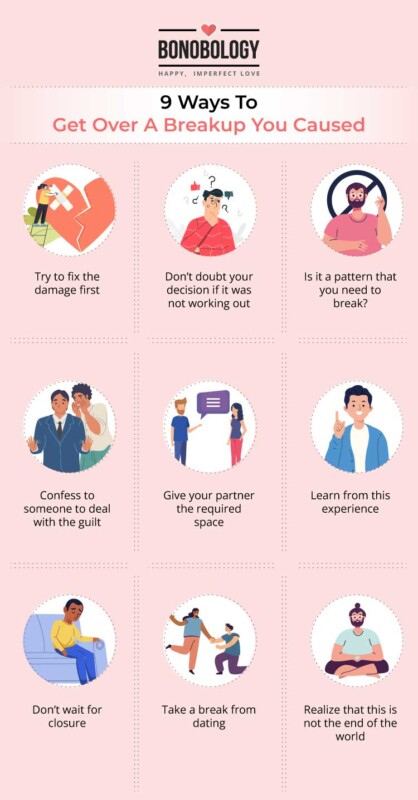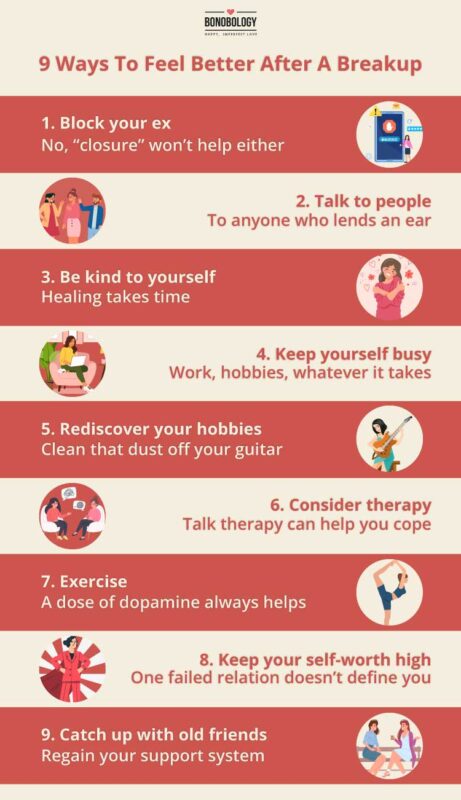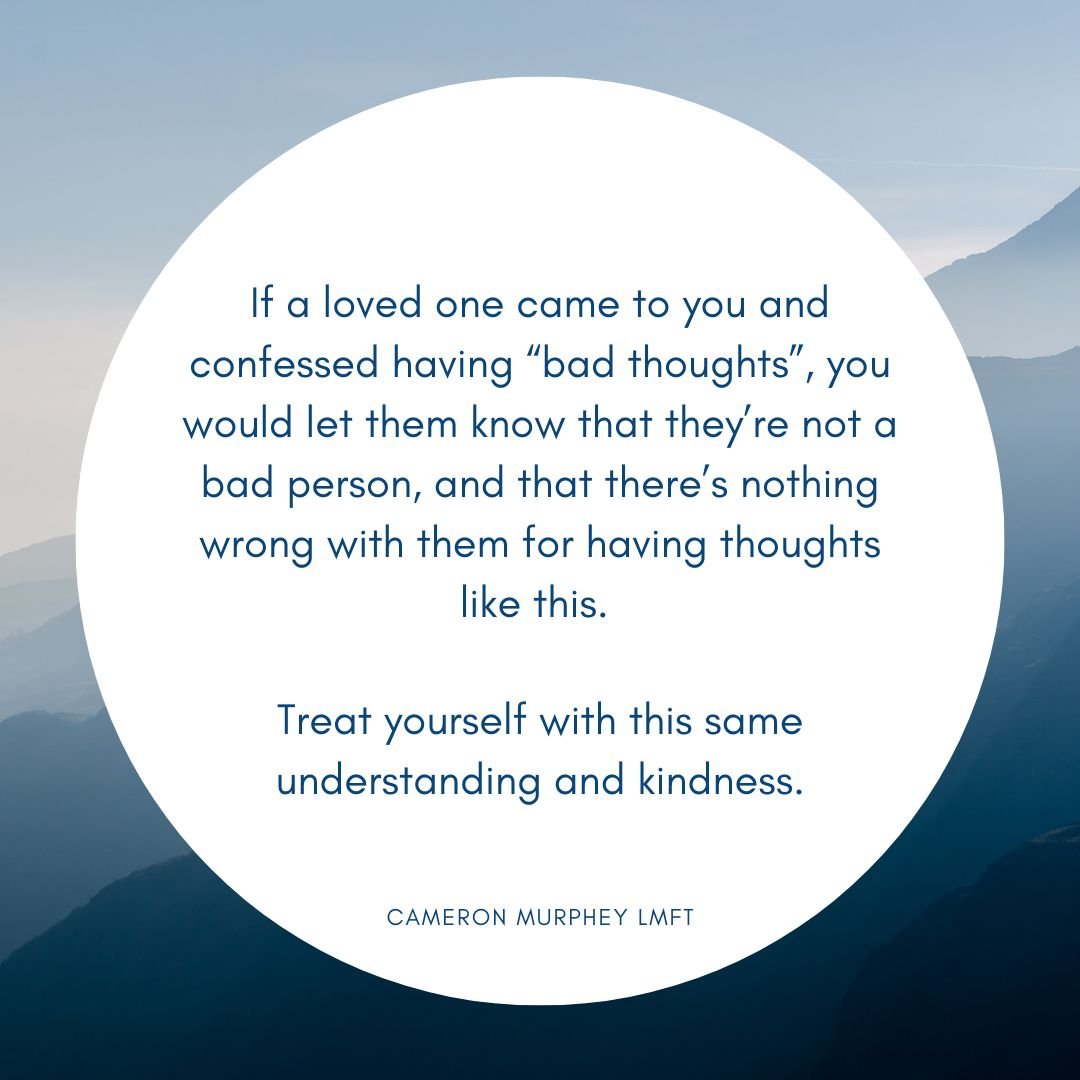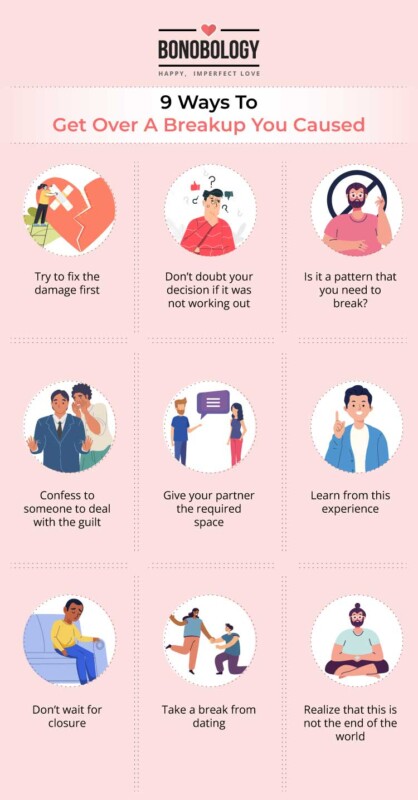
Understanding Guilt After Breakup
Definition of Guilt in the Context of Breakup
Guilt after a breakup can feel like an unexpected weight on one’s shoulders. It’s that nagging feeling that whispers you might have caused pain to someone you once cared for. This emotion can stem from a variety of factors, including doubts about your actions or decisions during the relationship.
Causes of Guilt After a Relationship Ends
Several factors can contribute to this feeling of guilt:
- Unresolved Issues: Lingering conflicts or misunderstandings.
- Perceived Betrayal: If one partner feels they were not honest or loyal.
- Feeling of Responsibility: Believing you could have done more to save the relationship.
Many have shared experiences of reflecting on their words or actions, wishing they could rewrite parts of their story. These feelings are natural but can be overwhelming if left unchecked.

Effects of Lingering Guilt
Impact on Mental Health
Lingering guilt can significantly affect mental health. It often manifests as anxiety, depression, or decreased self-esteem. People might find themselves ruminating over past decisions, leading to:
- Increased Stress: A constant feeling of anxiety can cloud daily life.
- Isolation: Guilt can lead one to withdraw from friends and family, fearing judgment.
A common story shared is of someone who struggled to enjoy social gatherings, replaying past relationship mistakes in their mind.
Influence on Future Relationships
The impact of guilt doesn’t stop with the end of one relationship; it can affect future ones as well. Individuals might develop trust issues or anxiety about commitment, fearing they’ll repeat past mistakes. This apprehension can lead to:
- Avoidance of Intimacy: Staying emotionally distant to protect oneself from potential pain.
- Unrealistic Expectations: Pressure to achieve a perfect relationship to atone for past actions.
Breaking this cycle is essential for healthy, future connections, but it takes time and effort to heal.

Letting Go of Guilt
Accepting Emotions
Letting go of guilt begins with accepting emotions for what they are—natural responses to loss. It’s crucial to recognize that feelings of guilt are valid and deserve attention. Many find relief in:
- Journaling: Writing down thoughts can provide clarity.
- Mindfulness: Practicing mindfulness helps in acknowledging emotions without judgment.
For instance, a friend who learned to embrace her sadness found it less overwhelming by simply allowing herself to feel.
Seeking Closure and Forgiveness
Once emotions are accepted, seeking closure becomes essential. This could mean having a candid conversation with an ex or even writing a letter that may never be sent. Steps to take include:
- Expressing Regret: Acknowledging feelings helps in the healing process.
- Offering Forgiveness: Forgiving oneself is key to moving forward.
People often share how seeking closure played a monumental role in releasing their guilt, allowing them to step into new chapters free of past burdens.

Self-Care Practices
Importance of Self-Compassion
Self-care during moments of guilt is essential, and a powerful first step is practicing self-compassion. It’s about treating oneself with the same kindness one would offer a friend facing similar feelings. This can include:
- Positive Affirmations: Reminding oneself that it’s okay to feel this way.
- Understanding Flaws: Recognizing that everyone makes mistakes helps alleviate harsh self-judgment.
A friend once shared how embracing self-compassion allowed her to release crippling guilt, leading to profound personal healing.
Engaging in Healthy Activities
In addition to self-compassion, engaging in healthy activities contributes greatly to well-being. This might involve:
- Physical Exercise: Exercise is a natural stress-reliever and mood booster.
- Creative Outlets: Activities like painting or writing foster expression and relief.
For example, someone who took up running found that it not only improved her mood but also helped clear her mind, allowing guilt to transform into motivation for self-improvement. Prioritizing self-care can pave the way for a healthier mindset.

Seeking Support
Talking to Friends and Family
Seeking support from friends and family can make a world of difference when grappling with guilt after a breakup. Sharing feelings with trusted loved ones provides not only comfort but also perspective. Key methods include:
- Open Conversations: Discussing emotions openly allows for authentic connections.
- Seeking Advice: Obtaining different viewpoints can aid in processing feelings.
For instance, a colleague once confided in a close friend and found that her guilt diminished significantly after they explored the situation together.
Considering Professional Help
If feelings of guilt become overwhelming, considering professional help is a positive step. Therapists offer guidance that friends and family may not provide. Benefits of seeking professional support include:
- Structured Environment: A therapist creates a safe space to explore deep emotions.
- Expert Strategies: Professionals can equip individuals with coping strategies tailored to their needs.
Many have found that therapy not only alleviates guilt but also instills a sense of empowerment for moving forward. Acknowledging the need for help is a sign of strength.

Moving Forward Positively
Setting Goals for Personal Growth
Once the weight of guilt starts to lift, setting goals for personal growth can be incredibly empowering. These goals serve as a roadmap to newfound confidence and purpose. Consider:
- Specific Objectives: Identify what areas you want to improve—be it career, hobbies, or social life.
- Measurable Steps: Break goals into achievable tasks, making them less daunting.
A friend of mine began volunteering after her breakup, which not only built her self-esteem but also expanded her social circle in a meaningful way.
Embracing a New Chapter
Embracing a new chapter in life means looking forward rather than dwelling on the past. It’s essential to cultivate a mindset that welcomes change. Key aspects include:
- Letting Go of Past Grievances: Acknowledge the lessons learned from past relationships.
- Finding Joy in New Experiences: Try new activities, meet new people, or travel to rejuvenate your spirit.
Many have shared how stepping out of their comfort zone led to unexpected joy, opening doors to opportunities they never imagined. Moving forward positively often creates a space for healing and growth, allowing individuals to flourish anew.
